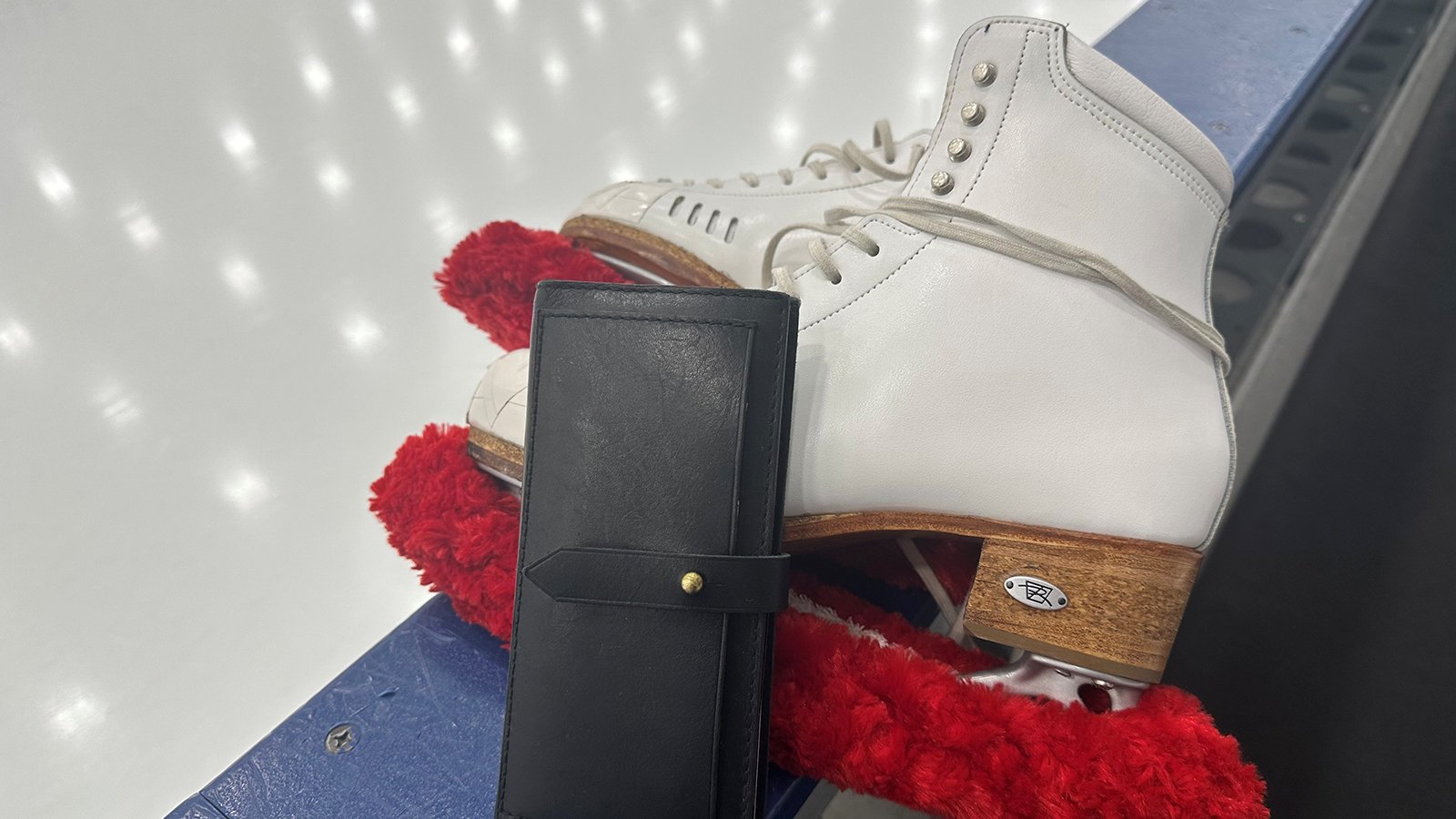By Aviva M. Cantor
In the Winter 2025 issue of SKATING Magazine, I interviewed a certified financial planner, Cassandra McNulty, to share tips on how adult skaters can smartly manage their finances while still taking part in the sport they love.
As a competitive skater myself, I know firsthand that this is an important subject to discuss, especially for those of us who intend to skate for the rest of our lives. As a companion piece for the magazine article, I’ve compiled my own list of cost-saving tips for adult skaters. On your mark, get set … save!
Cost-Saving Tips for Adult Skaters
- Adult skaters make great Learn to Skate USA® instructors and private lesson coaches. By getting involved with your local skating program, you’ll gain an additional income source while contributing to the sport you love. Many rinks offer their instructors a discount on ice time.
- You can’t control the cost of your ice time, but you can control your productivity while you’re out on the ice. Don’t wing it. Arrive at each session with a plan for what you’ll practice that day. This will help you use your time wisely. With a practice plan in place, you may find that you can get away with a 45-minute or 60-minute practice instead of a 90-minute or 120-minute practice, which would ultimately save you money on ice time.
- Just as you can arrive for each practice with a plan, you can arrive for each private lesson with a plan, too. By making your private lessons as productive as possible, you may find that you’re fine with taking fewer lessons, which would provide cost savings in the long run.
- Unlike standard-track athletes, adult athletes can re-wear costumes over the course of many years — even decades. Invest in quality costumes in styles that can work for multiple genres of music. You don’t need a new costume for every program.
- Purchasing a custom costume is fun, but sometimes you can find exactly what you need in Facebook resale groups, on eBay or through word of mouth. For showcase competitors, thrift stores can be an excellent place to find a costume that suits a particular character or a unique theme.
- Competition registration fees can rack up quickly. If you have concerns about this, consider cutting down on the number of events you do at each competition. Competing in one or two events is still a meaningful way to take part in the sport you love, and it’s a lot cheaper than registering for, say, three or four events. Competing in fewer events also means you’ll spend less money on choreography and costumes. You also don’t need to frequently compete; many adult skaters only compete a few times a year.
- In addition to not needing a new costume every season, you also don’t need a new program every season. Keeping a program for multiple skating seasons is another great way to spend less money on choreography and costumes.
- Learn how to edit music in Audacity or GarageBand. By being able to edit your own music, you won’t have to pay someone else to edit it for you. Plus, as other skaters learn that you offer this service, it can become an additional source of revenue.
- Competition travel is expensive, but there are ways to save costs. If possible, consider driving to a competition or try traveling by train (both options are cheaper than airfare). If you must fly, consider getting a credit card where you can earn points to help cover travel expenses. Some credit cards offer great perks for travelers, or you can pursue a credit card that’s specific to your favorite airline and/or or hotel brand.
- Sharing lodging at a competition is an easy and popular way for adult skaters to save money. Find a group of skaters who’d like to split the cost of a hotel room, an Airbnb, or a Vrbo with you. You’ll save hundreds of dollars by having roommates at a competition, and it’s also a great way to bond with friends.
- When taking tests, virtual test sessions often charge a lower test fee than an in-person test session. Plus, you’ll have the convenience of filming your test on a lightly attended freestyle session that works with your schedule.
- Think about which skating expenses are essential versus which expenses are optional. For example, buying new skates every few years is essential, but buying event photography from your competitions is optional. If money is tight, pick and choose. It’s all about prioritizing what’s most important: Keeping you on the ice for a lifetime.


